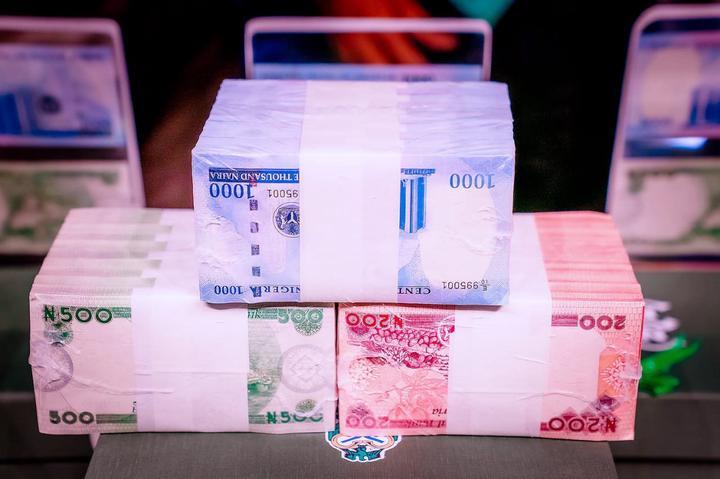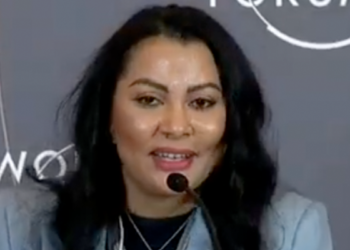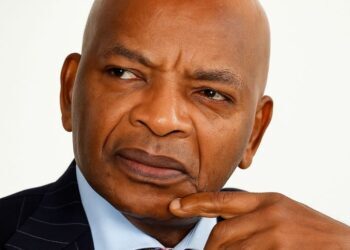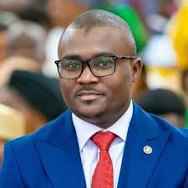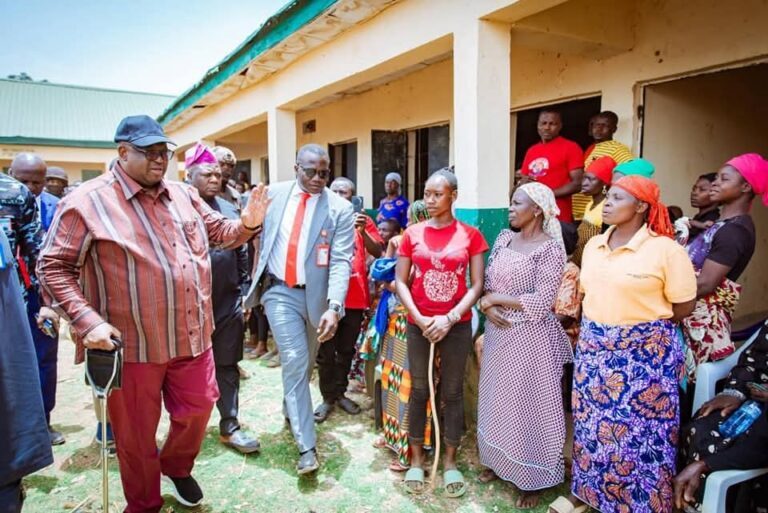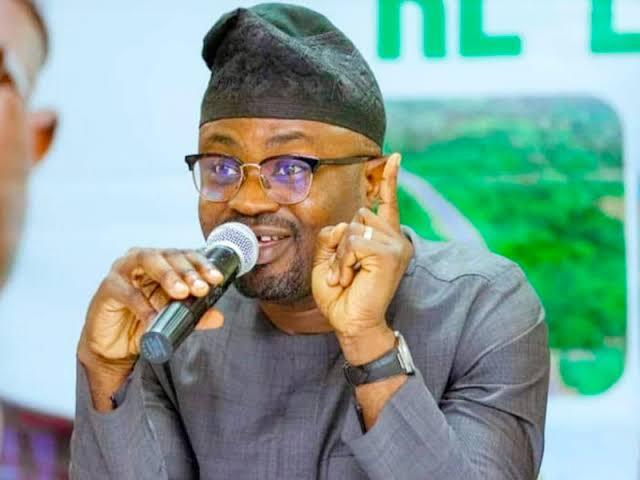The Federation Account Allocation Committee (FAAC), has shared N1.578 trillion among the Federal Government, states and the Local Government Councils (LGCs) for the month of March.
A communiqué issued by Bawa Mokwa, the Director, Press and Public Relations, Office of the Accountant-General of the Federation (OAGF), said the revenue was shared at the April meeting of FAAC in Abuja.
The communiqué said that the total revenue of N1.578 trillion comprised statutory revenue of N931.325 billion, Value Added Tax (VAT) revenue of N593.750 billion, and Electronic Money Transfer Levy (EMTL) revenue of N24.971 billion.
“It also comprised Exchange Difference revenue of N28.711 billion,” it said.
It said that total gross revenue of N2.411 trillion was available in the month of March.
“Total deduction for cost of collection was N85.376 billion, while total transfers, interventions and refunds was N747.180 billion.
“Gross statutory revenue of N1.718 trillion was received for the month of March 2025. This was higher than the sum of N1.653 trillion received in February 2025 by N65.422 billion.
“Gross revenue of N637.618 billion was available from VAT. This was lower than the N654.456 billion available in February by N16.838 billion,” it said.
The communiqué said that from the total revenue of N1.578 trillion, the Federal Government received N528.696 billion and the State Governments received N530.448 billion.
It said that the LGCs received total sum of N387.002 billion, and a total sum of N132.611 billion (13 per cent of mineral revenue) was shared to the benefiting states as derivation revenue.
“On the N931.325 billion statutory revenue, the Federal Government received N422.485 billion and the State Governments received N214.290 billion.
“The LGCs received N165.209 billion, and the sum of N129.341 billion (13 per cent of mineral revenue) was shared to the benefiting States as derivation revenue.
“From the N593.750 billion VAT revenue, the Federal Government received N89.063 billion, the State Governments received N296.875 billion and the LGCs received N207.813 billion,” it said.
It said that total sum of N3.746 billion was received by the Federal Government from the N24.971 billion EMTL, while he State Governments received N12.485 billion and the LGCs received N8.740 billion.
According to the communiqué, Petroleum Profit Tax (PPT) and Companies Income Tax (CIT) increased considerably while Oil and Gas royalty, EMTL, VAT, Excise Duty, Import Duty and CET Levies recorded decreases.


